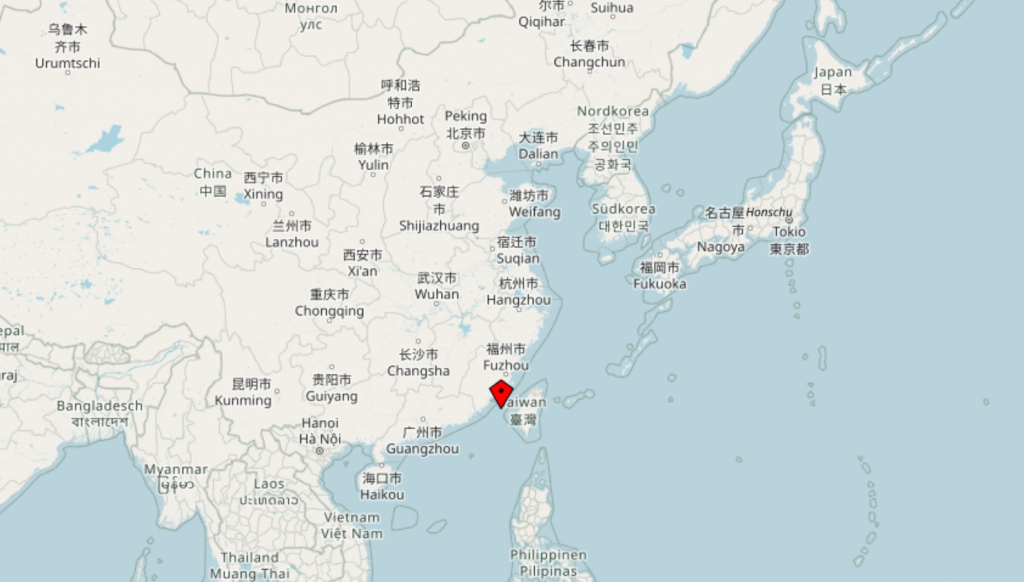The UK moved to a first dose first strategy, where they prioritize vaccine uptake over administering second doses. This means that instead of administering the second dose after three weeks, the UK will delay the booster shot to increase the number of people who have been vaccinated at least once. This is probably excellent news. As I’ve written about before, this essentially means we can vaccinate twice as many people in the beginning.
Here is the relevant quote from … more



